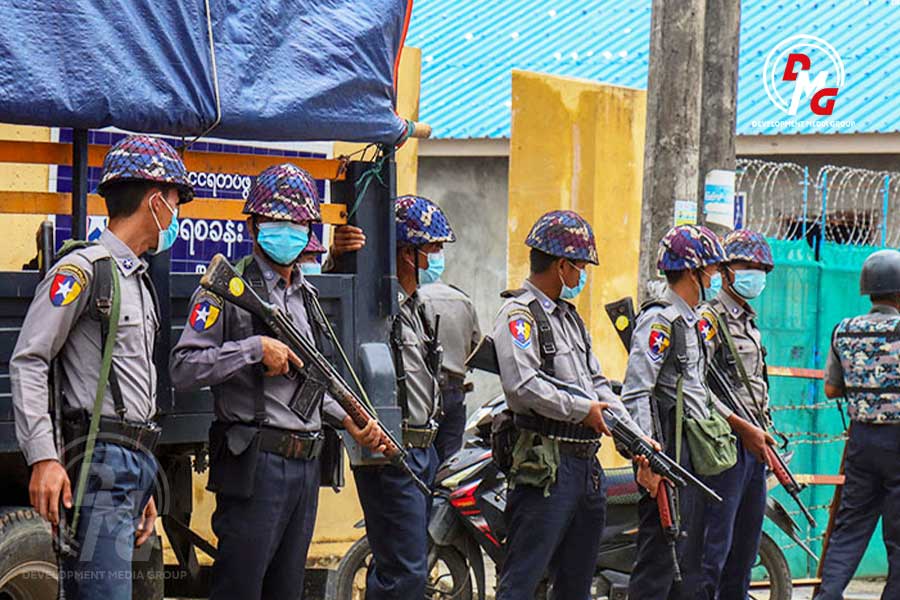- Junta expands naval presence along Arakan coast to regain lost territory
- Nearly 70 civilians and POW family members killed or injured by junta attacks in Arakan State in one month
- Junta accused of extorting money from detained Muslims in Sittwe
- Weekly Highlights from Arakan State (Jan 26 to Feb 1, 2026)
- Arakanese youth stabbed in Mae Sot urgently needs financial aid for medical treatment
Wild elephant kills student in Buthidaung Twsp
A Grade 10 student was killed in an attack by a wild elephant in Wachillah Village, part of Arakan State’s Buthidaung Township, on Saturday, according to residents.
01 Jan 2023

DMG Newsroom
1 January 2023, Buthidaung
A Grade 10 student was killed in an attack by a wild elephant in Wachillah Village, part of Arakan State’s Buthidaung Township, on Saturday, according to residents.
Zaiksawlein, 18, was fatally attacked by a wild elephant near a paddy farm owned by his brother-in-law about one furlong from San Hnyin Wai Village at around 11 p.m., said village administrator Sawlein.
“In this area, the wild elephants form a group of about 30. He was sleeping in a pile of paddy to drive away wild elephants. He was scared when the wild elephants came at around 11 o’clock last night, and ran away. The wild elephants followed him and trampled him to death,” Sawlein said.
Zaiksawlein’s funeral was held at the village cemetery on January 1.
The bodies of two Muslim men who were trampled to death by a wild elephant were found near Ngakyitauk Village, Buthidaung Township, on December 20.
One resident said local people live in fear due to the danger posed by wild elephants.
“Locals are facing the danger of wild elephants. Yesterday, a villager was injured by a wild elephant. I would like to ask for mahouts to be placed near the villages to take care of the wild elephants,” the resident added.
Wild elephants in Arakan State are most commonly found in Maungdaw and Buthidaung townships, as well as in the foothills of the Mayu mountain range in Rathedaung Township.
Wild elephants typically live and graze along the Mayu mountain range, the banks of the Naf River and in neighbouring Bangladesh. Locals say although these pachyderms rarely visited villages in previous years, they have moved this year in groups to graze closer to human settlements, resulting in more frequent human-elephant encounters.















.jpg)

